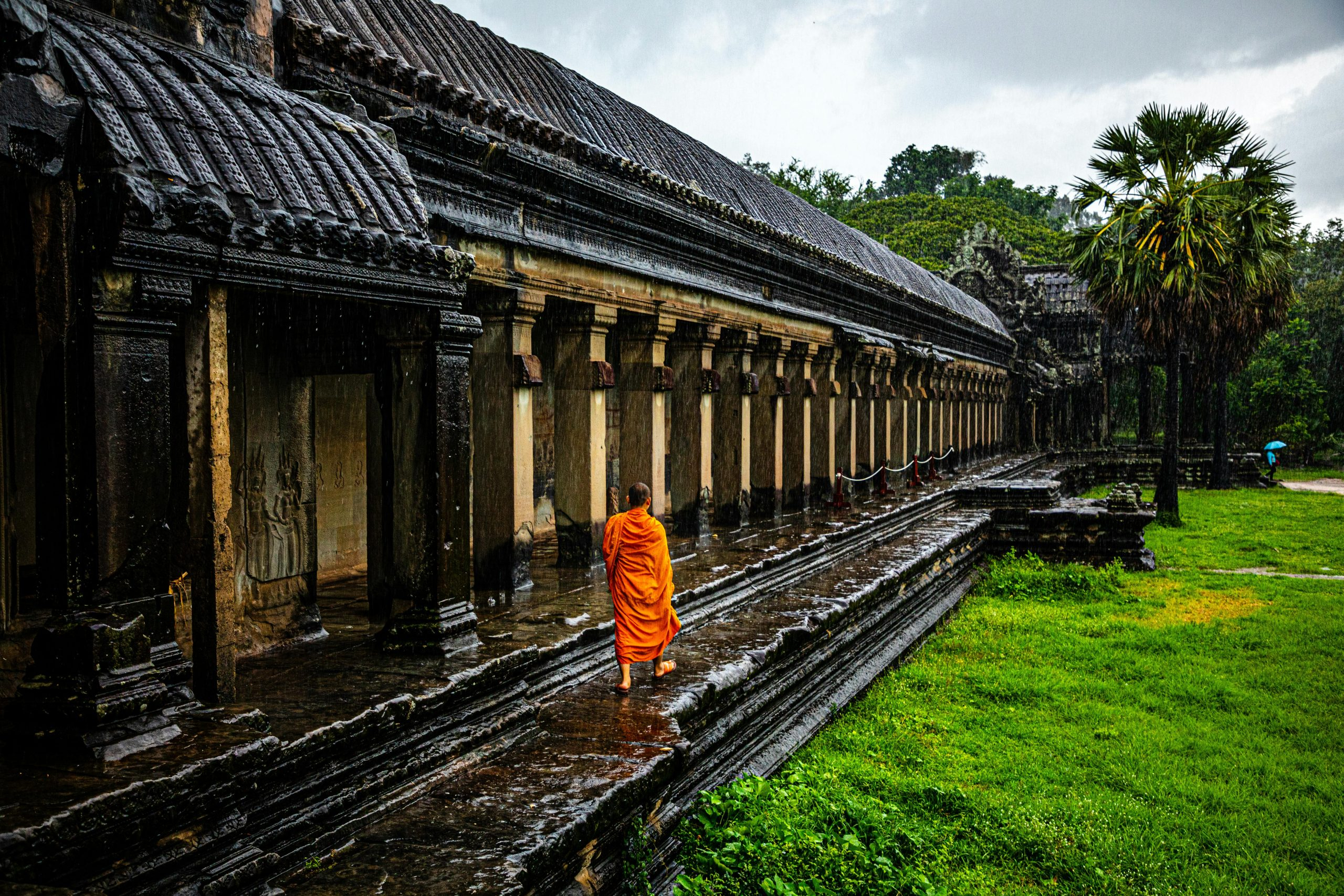The Cultural Significance of Pilgrimage Routes Worldwide
Pilgrimage routes have played a significant role in cultures worldwide for centuries, serving as a pathway for religious and spiritual seekers to connect with their faith and beliefs. These routes, often taken by foot or other means of travel, hold deep cultural significance and have become an integral part of many cultures and religions across the globe. In this article, we will delve into the rich history and cultural significance of pilgrimage routes worldwide, exploring their impact on individuals and societies.
The Origins and Evolution of Pilgrimage Routes
The concept of pilgrimage dates back to ancient times and is deeply ingrained in many of the world’s major religions. It involves a journey to a sacred destination that holds religious or spiritual significance. As the concept evolved, routes were developed to guide pilgrims to these destinations and provide a sense of direction and purpose to their journey.
The Significance of Pilgrimage Routes in Different Religions
Pilgrimage routes are prevalent in many of the world’s major religions, including Christianity, Islam, Hinduism, Buddhism, and Judaism. Each religion has its own designated pilgrimage routes, connecting believers with their faith and guiding them on a journey of spiritual growth.
The Cultural Impact of Pilgrimage Routes Worldwide
The cultural impact of pilgrimage routes extends far beyond the religious aspects. These routes have influenced art, literature, architecture, and even the development of entire cities and regions. For example, the Camino de Santiago, a popular pilgrimage route in Spain, has led to the flourishing of art and architecture along the way, with stunning cathedrals, monasteries, and other sacred sites dotting the trail. Similarly, the Kumbh Mela pilgrimage in India is known for its vibrant and lively atmosphere, with participants coming from all over the world to experience the cultural festivities and rituals.
Modern-Day Pilgrimage Routes and their Significance
Pilgrimage routes continue to be an essential aspect of many cultures and religions, even in modern times. Many of these routes have evolved to accommodate the changing needs and preferences of pilgrims, with options such as organized tours, transportation services, and accommodations. These modern-day pilgrimage routes have also become popular tourist destinations, drawing in visitors from all over the world and contributing to the local economy.
The Impact of Pilgrimage Routes on the Individual
For many individuals, embarking on a pilgrimage along these routes can be a life-changing experience. It allows them to disconnect from their everyday routines and immerse themselves in a spiritual journey, allowing for self-reflection, growth, and a deeper connection with their faith. The physical challenges of the journey, along with the sense of community and support among fellow pilgrims, can also have a profound impact on individuals, instilling feelings of humility, strength, and perseverance.
The Importance of Preserving Pilgrimage Routes
As pilgrimage routes continue to gain popularity and significance worldwide, it is essential to preserve their rich heritage and cultural significance. Many organizations and individuals are working towards the maintenance and protection of these routes, ensuring that generations to come can experience the profound impact of these spiritual journeys.
In Conclusion
Pilgrimage routes have stood the test of time and continue to hold utmost cultural significance in many societies. These sacred paths offer a connection to our past, a reminder of our beliefs, and a sense of purpose to our journey in life. As more individuals embark on these spiritual journeys, the impact of pilgrimage routes will undoubtedly continue to shape cultures worldwide for years to come.
Reference:
– https://www.bbc.com/travel/article/20190728-the-importance-of-pilgrimage-routes-around-the-world
– https://www.nationalgeographic.com/news/2013/7/130719-pilgrimage-routes-unesco-world-heritage-camino-de-santiago-spiritual/










